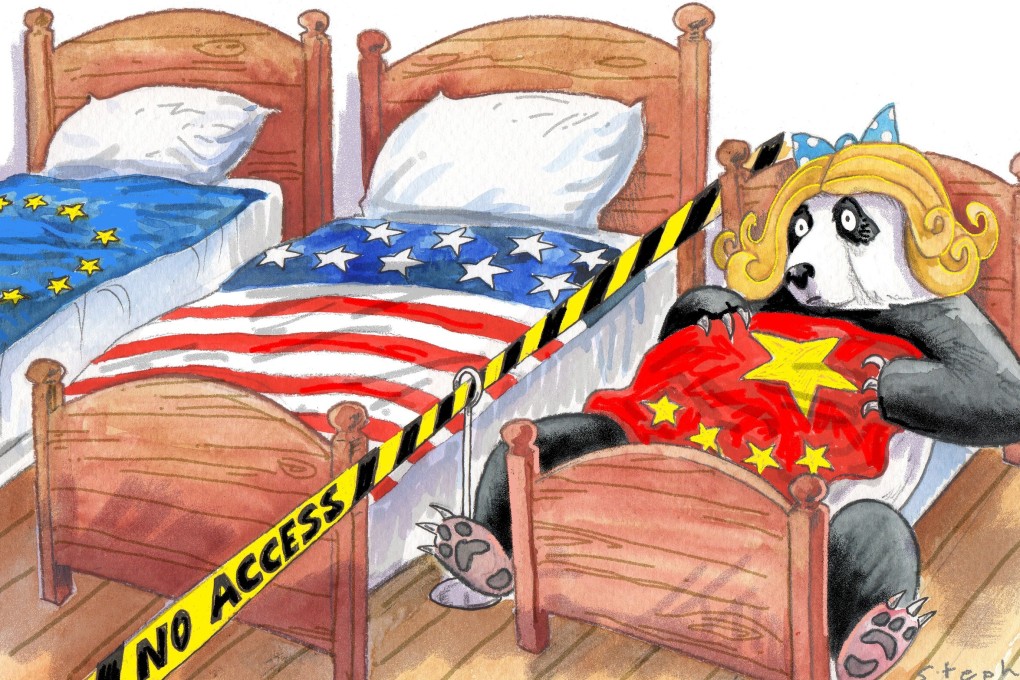Opinion | US’ China policy must balance targeted curbs with multilateral cooperation in a ‘goldilocks approach’
- A recent survey finds general agreement in the US and among its allies on the perception of a China threat
- But while sanctions remain necessary, there’s also a lack of enthusiasm for comprehensive decoupling and a clear preference for a multilateral approach to manage the China challenge

As tensions between the United States and China continue to escalate, some observers in Asia and elsewhere hope that a victory by former vice-president Joe Biden in the US presidential election would usher in a return to a more serene era, in which Washington and Beijing put aside their differences on security, trade and human rights to expand commerce and cooperate on global governance challenges.
That said, there is some chance for developing a policy approach that effectively addresses the world’s growing concerns about China while also achieving some strategic stability.
The key conclusion from our survey of over 1,800 members of the American public, and thought leaders in the US and 16 countries in Asia and Europe is clear: most of those polled view China as a threat to military stability, fair commerce and democratic values. At the same time, however, respondents generally oppose a unilateralist response and comprehensive decoupling, and do not believe a shooting war between the US and China is inevitable.
Instead, they favour extensive collaboration between the US and like-minded countries, and the strengthening of the multilateral system to more effectively compete with Beijing.
The survey shows in stark terms how far opinion about China has shifted in a few short years. Three key empirical findings stand out.

